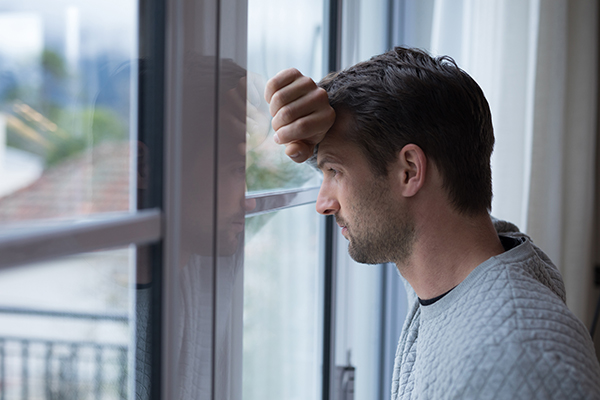Have you ever wondered how someone gets to the point of desperation where they want to end their life? It happens over time when their thoughts and feelings become darker and more hopeless. They feel like they are going down a deep, dark tunnel and cannot turn around. Their sadness keeps getting worse. They start to believe things will never get better.
One of the ways to help reduce the risk of feeling the deep desperation and sadness that can lead to suicide is to build resilience. It’s a lot like preventing a heart attack by stopping smoking and staying physically active. Resilience provides some protection for when we are faced with tough times or challenges. People who are resilient:
- Don’t give up easily. They find ways to cope and overcome difficult situations. They have a positive attitude and believe in themselves. They don’t let setbacks bring them down.
- Know how to solve problems. They use their creativity to find solutions. They take care of their feelings, know how to stay calm, and have supportive friends and family members.
- Adapt to changes. Just like a tree that bends in the wind, resilient people can adjust their plans and stay flexible. They’re open to new ideas and can see challenges as opportunities to grow.
- Take care of themselves. They eat healthy foods, exercise, and make sure to get enough rest. They know that staying healthy and balanced helps them stay strong.
In the same way that stopping smoking and staying physically active might prevent a heart attack and reduce the need for CPR or a defibrillator, resilience can be used as a preventive measure to reduce the risk of suicide and the need for crisis care.
If you are experiencing a life-threatening crisis, please call the National Suicide Prevention Lifeline at 988. It is a free, 24-hour hotline where your call will be connected to the crisis center nearest to you. If you are in an emergency, call 911 or go to your nearest emergency room.




